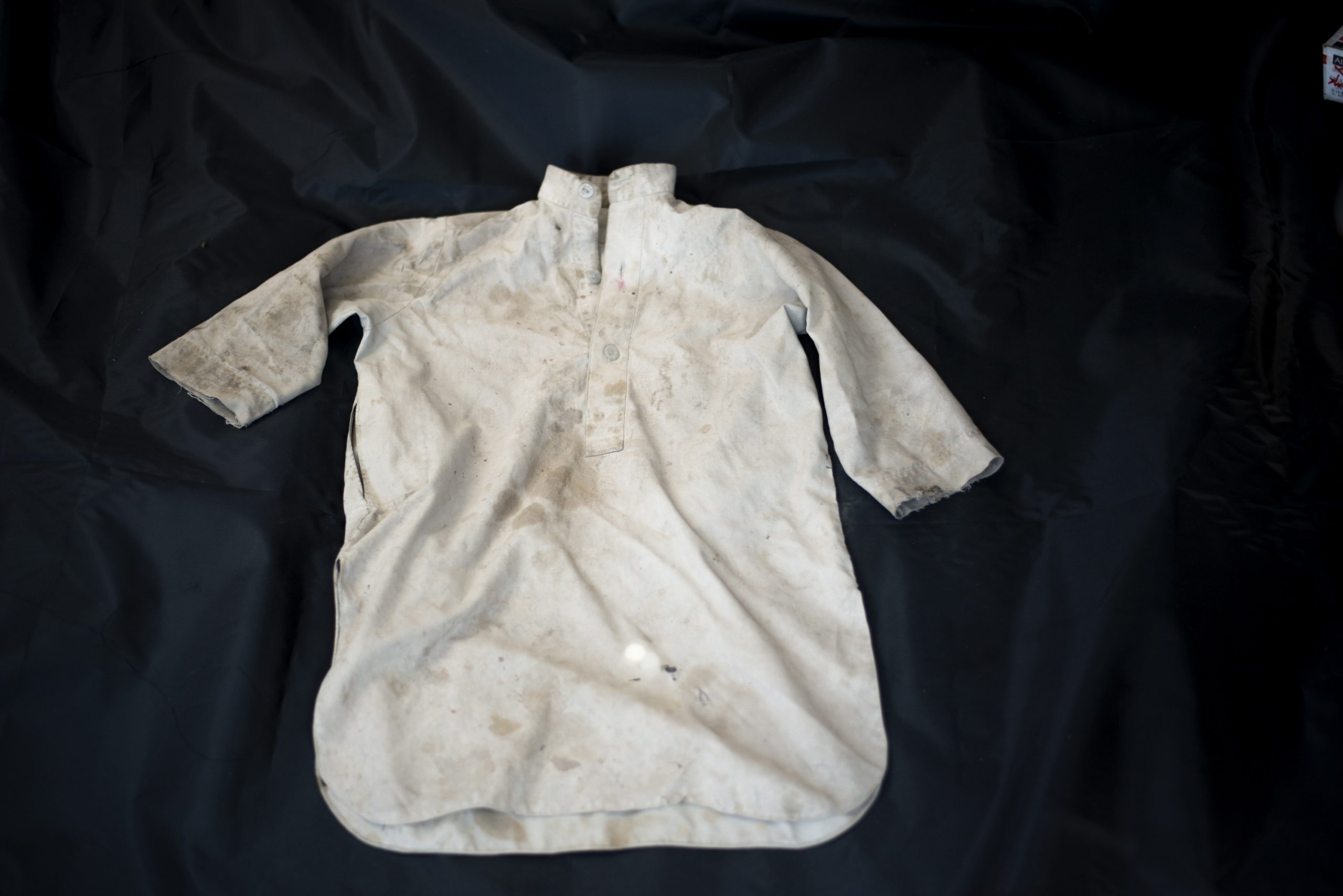By Mary Flanagan
An Office of Special Investigator (OSI) is currently undertaking an unprecedented investigation into alleged war crimes committed by Australian Defence Force (ADF) personnel in Afghanistan. The allegations concern unlawful killings, inhuman treatment of prisoners, competition killings, cover-ups of unlawful conduct and other atrocities.
Advocates have criticized the inquiries that preceded the establishment of the OSI for failing to properly include victims and their families, with reports that families of victims were not interviewed or were not made aware of previous investigative findings. Advocates have called for greater participatory rights for victims and their families in further investigation procedures and the potential resulting criminal prosecutions.
The extent to which victims can participate in a criminal investigation and prosecution process varies widely across countries and jurisdictions. If prosecutions of ADF personnel proceed, they will likely take place in Australia and will be carried out by the Australian Commonwealth Director of Public Prosecutions for offences under the Criminal Code Act 1995 (Cth). For victims, this means that their ability to participate in the prosecution process will be very limited.
This limited role for victims arises from Australia’s common law tradition whereby the investigation, prosecution and punishment of crimes is controlled by the State. The common law criminal trial is ultimately an adversarial contest between the State and the accused, and the rules of criminal procedure are focused on protecting the accused’s interests within this power imbalance to ensure that there is “equality of arms”.
The reduced role for victims in the Australian criminal prosecution is reflected in several aspects. First, for pre-trial and conviction, prosecutors are only required to informally consult with victims and witnesses regarding key decisions in the prosecution process. Second, the status of the victim in the criminal trial is generally limited to that of a witness who gives evidence on behalf of the prosecution. If a victim is not a witness, they have no formal role at all. Victims are not parties to the legal proceedings and do not have a seat at the bar table during the trial. Third, if the accused(s) are convicted, then only at that late stage of the proceedings does the ability of a victim to participate in the proceedings increase, in that the victim may provide a victim impact statement and make a request for financial reparations during the sentencing hearing. However, even where such an opportunity does arise, the impact of participation is limited in that the discretion to request reparations remains ultimately a prosecutorial decision and the victim impact statement is but one of several factors considered by a judge when handing down a sentence.
The limited opportunities for victim participation in Australia contrast sharply with opportunities available before the International Criminal Court (ICC). At the ICC, victims can participate at any stage of the proceedings, including the “Situation Phase” (once the Prosecutor has opened investigations), through to the “Trial Phase” provided they satisfy certain criteria. Participation also goes beyond mere informal consultation with victims having the right to: be represented by a legal representative of their own choosing; access all filings, transcripts and decisions contained in the record of the case; present opening and closing statements; make applications to question witnesses, experts or the accused; and tender evidence and call witnesses.
The efforts that have been made to date to investigate the allegations against ADF personnel and the establishment of the OSI demonstrate that Australia is taking rigorous steps to ensure that the principle of complementarity is enlivened such that the jurisdiction of the ICC is displaced and, if prosecutions proceed, they will take place in Australia. For victims, this means that their ability to participate in the prosecution process will be very limited.
To date, there has been little public discussion regarding the importance and value of victim participation in the investigation and prosecution processes. An integral part of the purpose of the criminal law system is to ensure the provision of procedural and substantive justice for victims. In the absence of meaningful victim participation infrastructure under the Australian legal system, there is a potential role for appropriate civil society actors in Australia or abroad to provide a support role to Afghan victims and their families. At the very least, assistance could be provided to victims to understand the progress of investigations undertaken in Australia, including: how war crimes are prosecuted in Australia, the legal framework for victims to engage with the investigations and potential prosecutions, and the implication of Australian investigations on any action by the ICC.
With such limited formal roles for victims in Australia’s criminal legal system, much will depend on the informal efforts made by the investigators and the prosecutors to consult with and include victims in prosecutorial decisions. The task of ensuring victims are included has become more complicated with the dramatic deterioration in the humanitarian situation in Afghanistan in the last twelve months. However, this means that now more than ever, the importance of victim participation must be a central part of the investigative and prosecutorial approaches of both the special investigator and the prosecutors.
Mary Flanagan is a Senior Legal Officer in Transitional Justice at the Public Interest Advocacy Centre and has extensive experience in human rights litigation in Australia. Prior to joining PIAC, Mary worked in the Legal Division of the Irish Department of Foreign Affairs and Trade, the International Criminal Tribunal for the Former Yugoslavia and the Delegation of the European Union to the United Nations.
The issues in this article are explored more fully in “Prosecution of war crimes in Australia: prospects for victim participation” in the APJIHL 2021 Edition.



